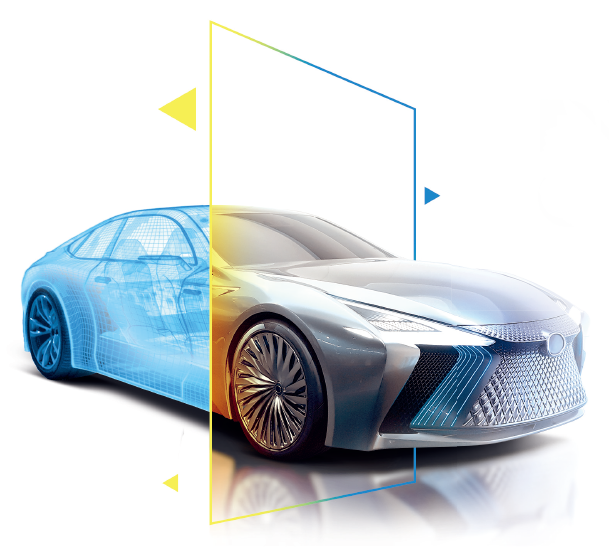Reduce the cost of electric power components
Increase battery life and control battery supply
Deploy recharging infrastructures and reduce recharging time

After the health crisis, governments launched massive investment plans to support the development of electric and hydrogen technologies and the associated infrastructure.
Several digital giants (e.g. Apple, Foxconn, Xiaomi) have confirmed the launch of their electric car projects. Today, Tesla’s stock market valuation exceeds that of all other manufacturers combined.
In order to remain competitive, traditional manufacturers and their suppliers are moving to control their value chain: relocation of strategic production (batteries, semi-conductors, etc.) and internalisation of software development related to smart mobility.

Reduce the cost of electric power components
Increase battery life and control battery supply
Deploy recharging infrastructures and reduce recharging time
Allow the autonomous driving algorithm to cover as many situations as possible
Prepare the individual for use based on a rethought ergonomics
Prioritize new services related to autonomous transport
Protect personal data and car manufacturer data
Exploit a large quantity of unstructured data
Innovate in distribution and services in the automotive sector

Close to the engineering and production centers of automotive manufacturers and suppliers: Europe, USA, China, Japan, India…
Long-term partnerships with world-leading automotive companies

IS skills & Networks (Agile, Big Data, AI, Cloud, Cybersecurity...), AutoSAR, End-to-end Service

10,700 automotive engineers in 29 countries












